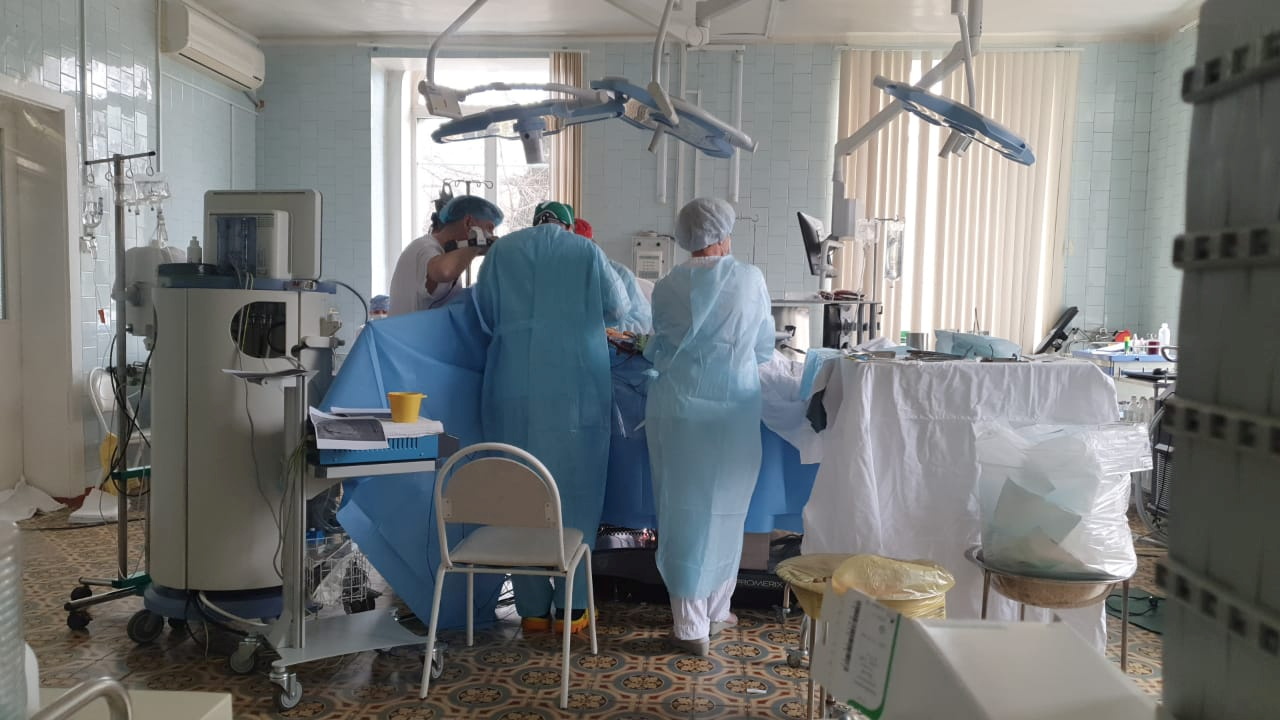Funeral parlor allegedly run by doctors raises serious concerns

(REUTERS file photo)
MANILA, Philippines — Imagine getting treatment from a doctor who also runs a funeral parlor.
It sounds innocent at first, but it earned the criticism of a health advocate and some lawmakers.
Health reform advocate Dr. Tony Leachon initially disclosed the alleged practice on Tuesday, sharing the story with senators who are investigating the alleged collusion of some medical practitioners and a pharmaceutical firm in prescribing medicines.
“If you own a pharmacy and then you’re going to prescribe the medicine to your patients there, I think there’s a conflict of interest. That’s not all. In the province, there’s a doctor who owns a funeral parlor,” said Leachon.
READ: Drug firm exec says 50 shareholders are doctors, some with gov’t hospital
The revelation drew the attention of Senators Raffy Tulfo and Bong Go who proceeded to note that the practice, if proven true, is scary as it paints an unlikely picture that patients do not get the best treatment from doctors.
According to Leachon, the alleged practice was exposed to him by “someone” from Cagayan.
He, however, did not identify which institution the medical practitioner represents.
“There is one doctor who has a hospital, a cafeteria, drugstore, as well as a funeral parlor,” said Leachon.
‘Unethical and inhumane’
INQUIRER.net reached out to Leachon to delve deeper into the story and asked: “Why can’t doctors own a funeral parlor?
“Imagine the plight of an unsuspecting patient — vulnerable, seeking comfort and healing — only to be exploited for profit. Picture a poor family, grappling with chronic illness, whose suffering is compounded by the revelation that their trusted physician valued money over health,” said Leachon in a text message.
He proceeded to brand the practice as “unethical” and “inhumane,” “shaking the very trust upon which the doctor-patient relationship is built, a trust that is essential for effective medical treatment and patient well-being.”
“It’s severe conflict of interest when the healthcare provider owns the hospital, drugstore, and funeral parlor since you might not be able to do your best to save the patients due to expected income from the funeral parlor,” said Leachon.
“It’s counterintuitive – if I were the patient I would doubt the sincerity of my doctor healing me,” he added.
A nationwide issue
But one couldn’t help but wonder: Is this happening only in Cagayan?
Do doctors outside the province also dip their toes on such businesses?
“It’s happening nationwide. Thus [the Philippine Medical Association] must monitor. I think it’s a trend especially outside of [the] National Capital Region,” he said.
‘Bitter pill’
INQUIRER.net was able to talk to a patients’ relative who shared their unfortunate experience with the questionable prescription of medicines.
She said that a member of her family was supposedly victimized by a health expert engaging in shady business of prescribing ineffective medicines.
“In 2008, my mother was admitted to one of the hospitals here in the Philippines. What happened was she felt more dizzy, she felt more weak and her blood pressure shot up. Many problems cropped up,” the source said via phone.
She said that when her mother’s condition stabilized, they immediately transported her to another hospital under the care of a different physician.
According to her, they were told that the medicine prescribed by their previous doctor was, in fact, the reason why her mother’s condition worsened.
“Why was she prescribed with so many medicine? He was shocked. Why was she prescribed with such potent medicines? Didn’t they check that the reason why there is complication is because of these kinds of medicine?,” she said, recalling the words of her mother’s new physician.
In light of these allegations of “unethical practices,” Health Sec. Ted Herbosa proposed to “have a Stark Law equivalent in the Philippines.”
“In the United States, the Physician Self-Referral Law, [otherwise known as] the Stark Law, generally prohibits doctors from referring their patients to receive designated health services from entities with which the physician or an immediate family member has a financial relationship,” DOH told INQUIRER.net in a text message.